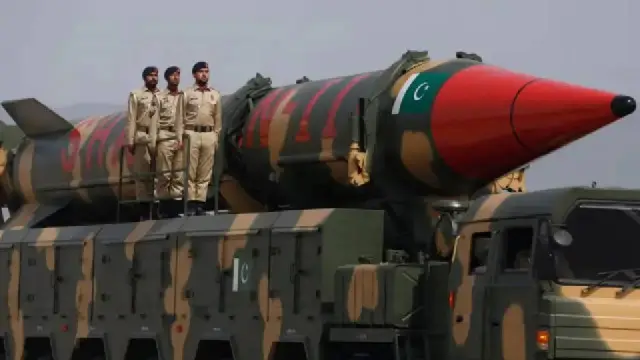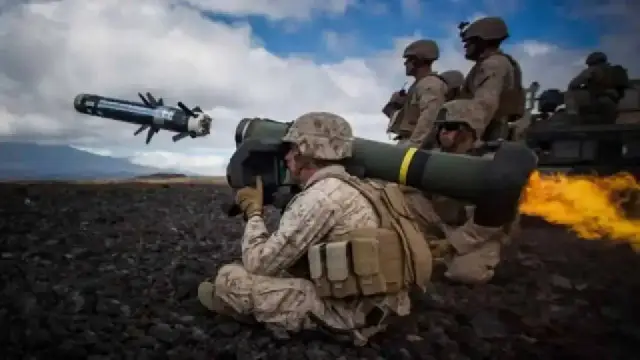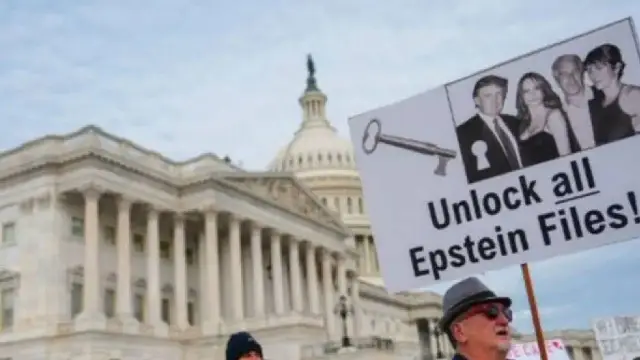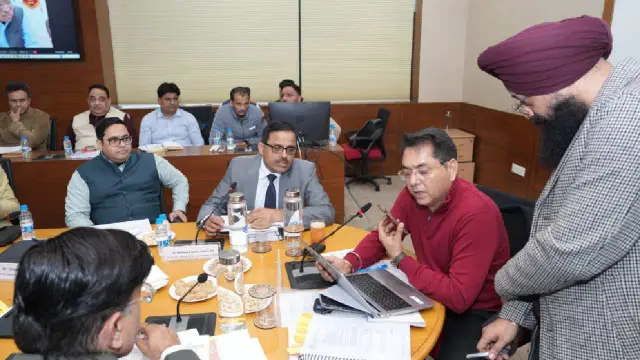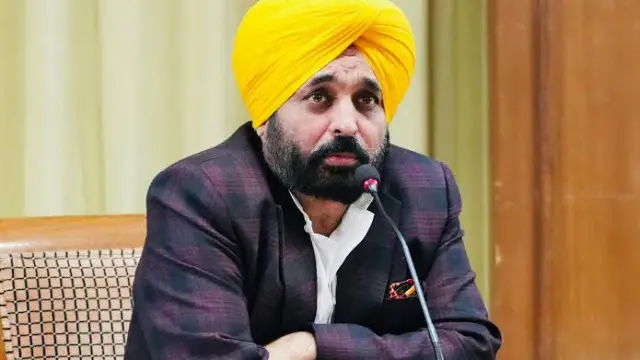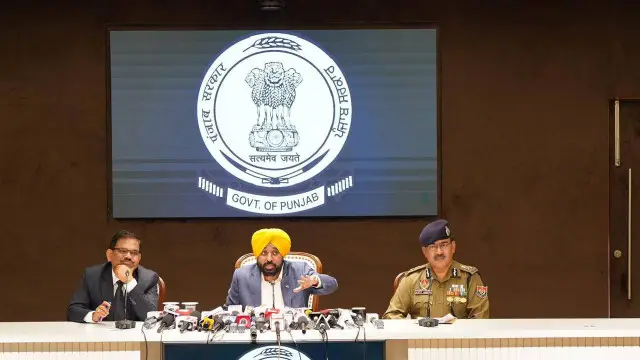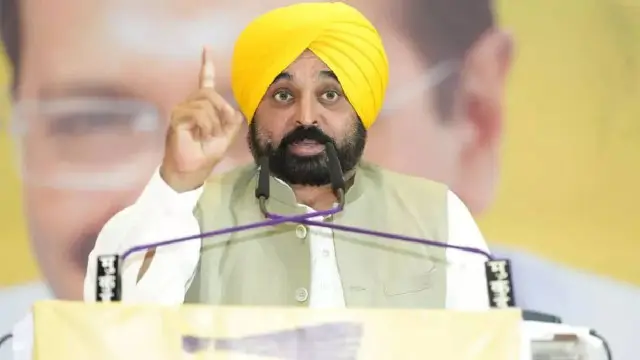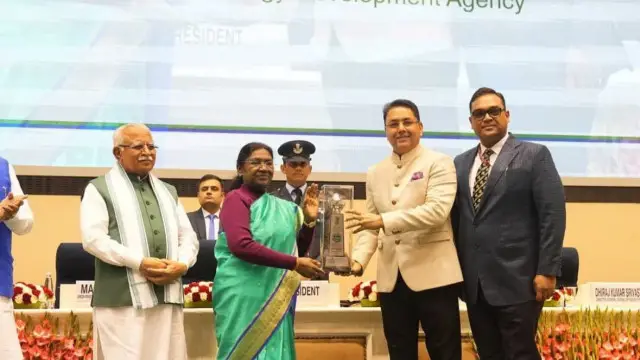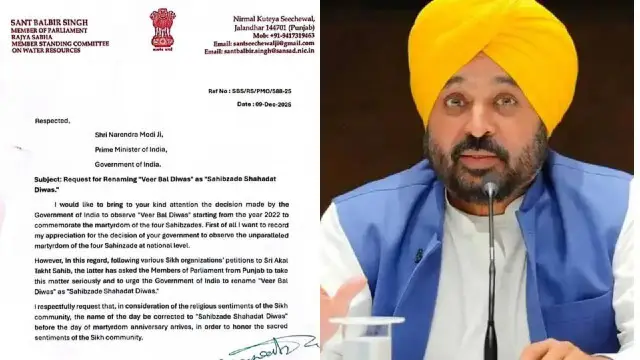Trump’s second term kicks off with high-profile quad ministerial meeting
World news: The first Quad ministerial meeting of Trump’s second term emphasized countering China’s influence, promoting regional stability, and strengthening cybersecurity and defense cooperation.

World news: The first Quad ministerial meeting since President Donald Trump began his second term was held on Tuesday, marking a united front for Australia, India, Japan, and the United States. Newly appointed U.S. Secretary of State Marco Rubio hosted the meeting, which was focused on promoting a free and open Indo-Pacific, countering China's growing assertiveness, and fostering regional stability.
In their joint statement, the four nations reaffirmed their commitment to the principles of rule of law, democratic values, sovereignty, and territorial integrity. The statement also strongly opposed unilateral actions that seek to alter the status quo through coercion or force, a veiled reference to China's stance on Taiwan and its activities in the South China Sea.
The conclave at the U.S. State Department had emphasized growing unease about Beijing's expanding military and economic dominance. Analysts see this summit as reflecting an area where Donald Trump's emphasis falls-the curtailing of Beijing's hegemony in key foreign policy priority. "Significant that the Quad meeting took place within hours of the inauguration of the Trump Administration," India's External Affairs Minister S. Jaishankar said on X, pointing out strategic importance for the dialogue.
Strengthening Defense and Cybersecurity Cooperation
The Quad agreed on a need for greater cooperation over cybersecurity, the protection of important infrastructure and supply chains, like undersea cables that carry information around the globe. Australia, in the person of Foreign Minister Penny Wong, made a pitch about the AUKUS defense accord with the US, which will presumably arm Australia with nuclear-powered submarines as well as weaponry. Wong stated her discussions with Rubio were "very positive, and she voiced optimism over a shared strategic focus.
Economic and Strategic Cooperation
The Quad countries also discussed the intensifying competition between the U.S. and China in critical mineral supply chains. Wong noted that collaboration in this field is important to avoid dependence on Beijing, and there is hope for prospects in this area.
China's reaction to quad's agenda
China has criticized the Quad as some relic of cold war politics. The country feels that initiatives, such as an AUKUS alliance, only heighten regional tensions, which could drive an arms race. However, the Quad's leaders dismissed that criticism, reasserting their united commitment to a stable and cooperating region.






